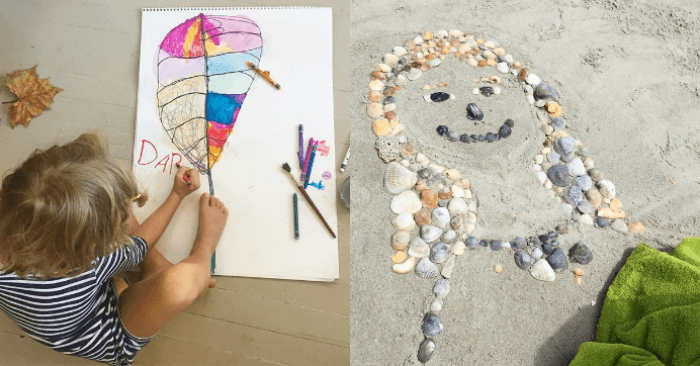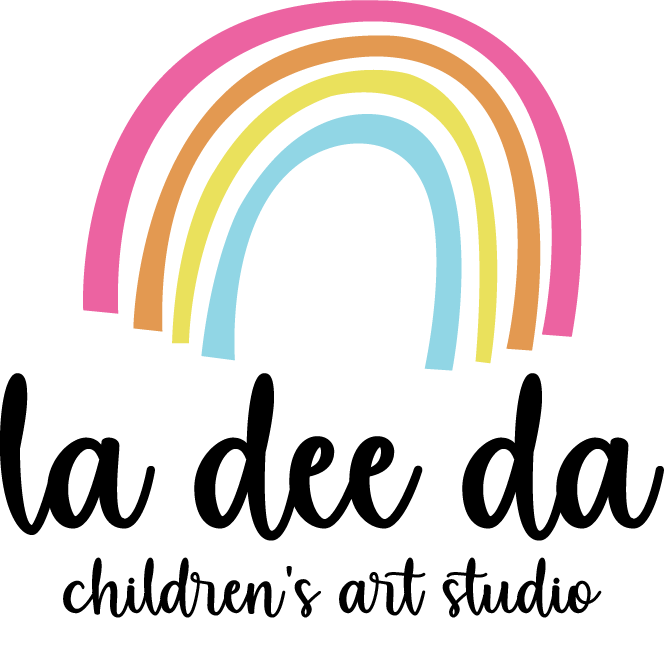Your cart is currently empty!
Nature is the original paintbox.

Did you know? Nature is the original paintbox. All the colors we use can be found in the natural world and all paint pigments and inks were initially made from natural materials, such as plants and stones.
Nature art for kids often combines being outside with physical movement and creative activity. It’s the perfect trio!
Some nature art ideas Include:
- Flower Petal Soup is a perfect outdoor sensory activity for toddlers. Simply gather up some kitchen tools like a spatula, whisk, some tupperware, measuring cups etc. and send your toddler on a flower and leaf hunt. Fill up a pot with water and let them enjoy hours of creative play as the mix and whisk and create potions in their outdoor kitchen!

- Nature Mandalas Inspired by British Artist Andy Goldsworthy. Children of all ages will enjoy gathering up objects found in nature. You can use rocks, pinecones, leaves, flowers, sticks etc. to create a mandala. The literal meaning word Mandala means circle, and circle mandalas are also one of the most commonly available form of mandalas. Older kids might enjoy researching Andy Goldsworthy’s work.

- Painting With Dirt. This is a super fun way to encourage movement and gross motor skills. It is messy, but you’re outdoors and can always hose off the kids. Which BTW, will give your awesome mommy points. You can use mud paint just as you would regular paint. Grab a few old paint brushes or even sticks from the yard and set up some paper and let the kids go to town. They will love the drips, drops, and texture the paint forms on the paper.

- Leaf Rubbings: One of my all time favorite activities to do with my kids in the Fall (they make for great notecards) but you can do them really any time of the year! Make colorful crayon rubbings of different kinds of leaves to come up with a beautiful nature-inspired picture. Collect leaves of various shapes and sizes. You can use fresh leaves or dried fallen ones. Place a leaf with its bottom side facing up. Put a sheet of paper, preferably thin or lightweight, over the leaf. Rub the side of a crayon or an oil pastel gently on the area over the leaf. As you do this, you’ll see the colored areas start to take the shape of the leaf. Continue until you’ve rubbed over the entire leaf.

We’d love to see photos of your children out in nature and creating. Please share photos on social by tagging us @ladeedastudio and using the hashtag #ladeedaathome
